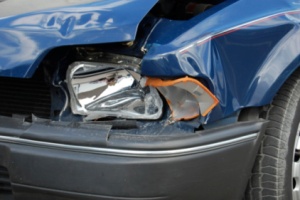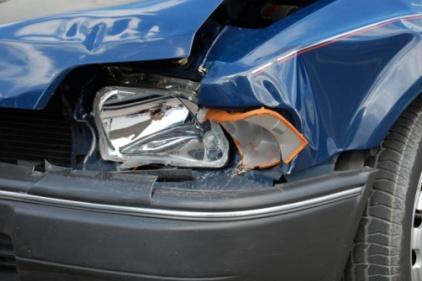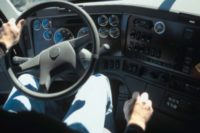 An overwhelming majority of drivers who have experienced technology that allows vehicles to communicate with each other have a highly favorable opinion of its safety benefits, according to data released recently by the U.S. Department of Transportation (DOT).
An overwhelming majority of drivers who have experienced technology that allows vehicles to communicate with each other have a highly favorable opinion of its safety benefits, according to data released recently by the U.S. Department of Transportation (DOT).
The National Highway Traffic Safety Administration (NHTSA) and the Research and Innovation Technology Administration (RITA) have been working with the auto industry, state and federal partners to research the effectiveness and feasibility of connected vehicle technology that enables vehicles to "talk" to one another with Wi-Fi-like technology that could help prevent crashes altogether.
The DOT conducted a half dozen optimistically named "driver acceptance clinics" across the country to gather feedback, allowing 688 drivers to participated in tests of "vehicle-to-vehicle" communications. The results? Four out of five participants -- or 82 percent -- strongly agreed that they would like to have vehicle-to-vehicle safety features on their personal vehicle. More than 90 percent of the participants believed that a number of specific features of the connected vehicle technology would improve driving in the real world, including features alerting drivers about cars approaching an intersection, warning of possible forward collisions, and notifying drivers of cars changing lanes or moving into the driver's blind spot.
Transportation Secretary Ray LaHood said; "Connected vehicle technology offers tremendous promise – for improving safety, reducing traffic jams and increasing fuel efficiency.”
The two agencies will launch the yearlong second phase of the Connected Vehicle program this summer, during which approximately 3,000 equipped vehicles will test crash-avoidance technologies that include in-vehicle forward-collision warnings, "do not pass" alerts, and warnings that a vehicle ahead has stopped suddenly. The program will take place on roads in Ann Arbor, Mich., and will also involve a limited number of applications allowing vehicles to communicate with the roadway.
Eight major automotive manufacturers are working closely with the Department on this research through partnering agreements: Ford Motor Company, General Motors LLC., Honda R&D Americas, Inc., Hyundai-Kia America Technical Center, Inc., Mercedes-Benz Research and Development North America, Inc., Nissan Technical Center North America, Toyota Motor Engineering & Manufacturing North America, Inc. and Volkswagen Group of America, Inc.
The information collected from the Safety Pilot program will be used by NHTSA to determine by 2013 whether to proceed with additional vehicle-to-vehicle communication activities, including possible future rulemakings.
>> To view NHTSA's Driver Acceptance Clinics feedback results, click here.
>> For more information on DOT's connected vehicle research, click here.



